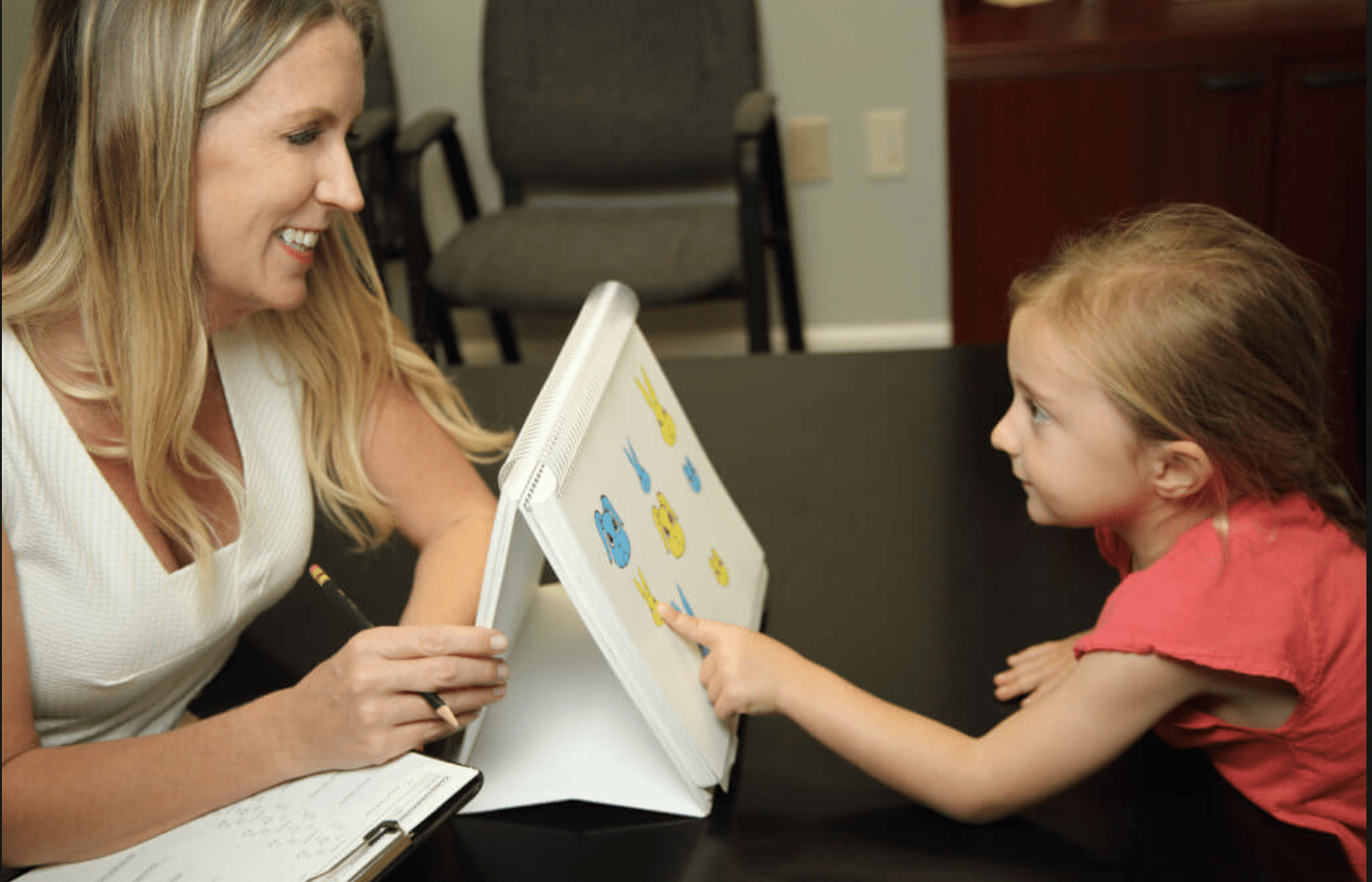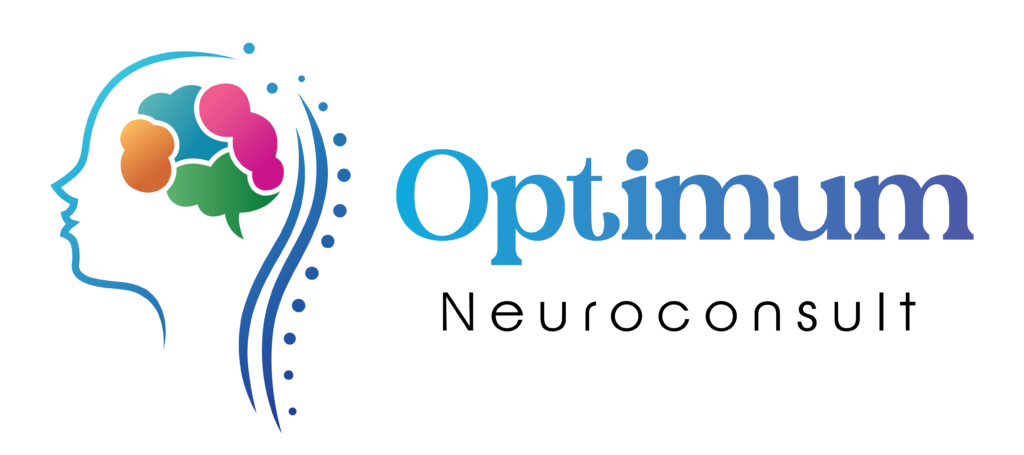Pediatric neuro conditions
Pediatric neuro conditions
Children can face a variety of neurological conditions that require specialized care and attention. Our team of pediatric neurologists and neurosurgeons is dedicated to diagnosing, treating, and managing neurological disorders in children, ensuring they receive the best possible care tailored to their unique needs.

Common Pediatric Neurological Conditions We Treat
- Epilepsy: A disorder characterized by recurrent seizures caused by abnormal electrical activity in the brain.
- Cerebral Palsy: A group of disorders affecting movement and muscle tone, often caused by damage to the developing brain.
- Autism Spectrum Disorders (ASD): Developmental disorders affecting communication, behavior, and social interactions.
- Neuromuscular Disorders: Conditions like muscular dystrophy and spinal muscular atrophy, which affect muscle strength and function.
- Hydrocephalus: A condition where excess cerebrospinal fluid builds up in the brain’s ventricles, potentially causing brain damage.
- Brain and Spinal Cord Tumors: Abnormal growths that can affect neurological function and require specialized treatment.
- Developmental Delays: Delays in reaching milestones in motor skills, speech, or cognitive abilities.
- Headaches and Migraines: Chronic or severe headaches that can affect a child’s quality of life.
Symptoms of Pediatric neuro conditions
- Unexplained seizures or convulsions
- Delays in developmental milestones
- Difficulty with coordination and motor skills
- Behavioral or communication challenges
- Chronic headaches or migraines
- Muscle weakness or loss of muscle function
- Abnormal head size or shape


Evaluation and Diagnosis
Our approach to diagnosing pediatric neurological conditions includes a detailed medical history, thorough physical and neurological examinations, and advanced diagnostic tools such as MRI, CT scans, EEGs, and genetic testing. These methods help us identify the specific condition and develop an appropriate treatment plan.
Treatment Options
We offer a range of treatment options tailored to each child’s specific needs, focusing on both medical and surgical interventions as necessary. Treatment plans may include:
- Medications: Antiepileptic drugs, muscle relaxants, or other medications to manage symptoms and improve quality of life.
- Physical and Occupational Therapy: Therapeutic exercises and activities designed to enhance motor skills, coordination, and daily functioning.
- Behavioral and Speech Therapy: Support for children with autism spectrum disorders or developmental delays to improve communication and social skills.
- Surgical Interventions: Procedures to address conditions such as hydrocephalus, brain and spinal cord tumors, or severe epilepsy.
- Assistive Devices: Equipment to aid mobility and daily activities, improving independence and quality of life.

